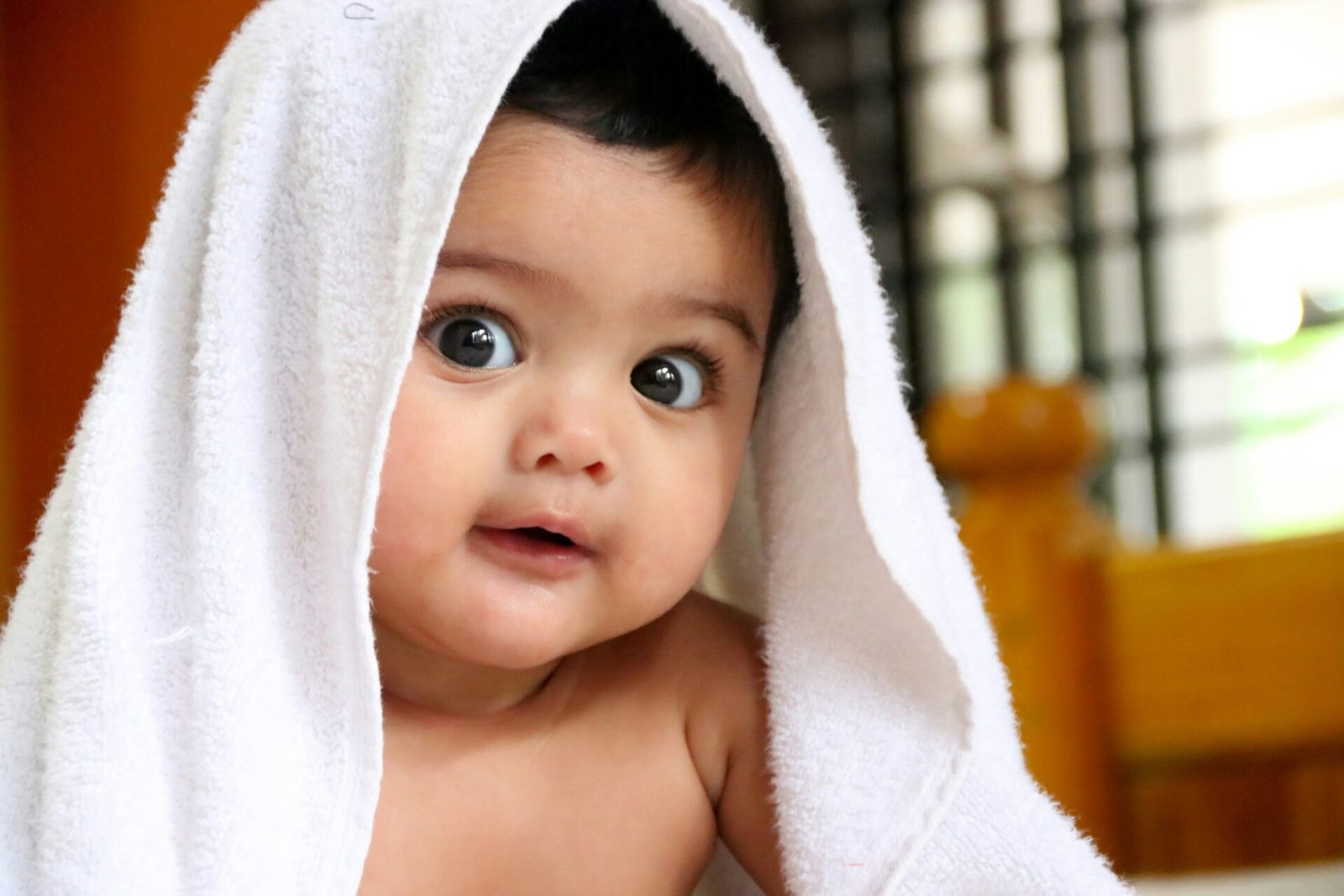This piece explores the controversial topic of pacifier use (or “dummy,” as it’s colloquially called) in early childhood.
We Don’t Use Pascifier
– You dropped your pacifier. YOU DROPPED YOUR PACIFIER! – I turn around to the male voice and realize he’s talking to me.
– We don’t use a pacifier, I reply.
– What a fool, the man shrugs to himself and walks away. After all, here’s a pacifier, here’s a baby – the connection is obvious, so why be pretentious?
Pacifier… In this charming word lies a mystery and an elusive power. A touch of childhood innocence and the allure of profound human thought. Soft and tender, like a spring breeze, and devoted like a mother’s heart… Ah, the pacifier…
It never occurred to me to use such a device simply because it evokes a single association: a plug. And why would I plug such an angel?
But let’s unroll this scroll in detail.
A Bit of History
Although the first official mention of a pacifier dates back to the 15th century, something tells me that throughout time, for one reason or another, people have always given children something to chew or suck on. Deafening levels of crying, boredom, teething – one must find a way out somehow.
☝️Even the Madonna was sometimes too busy to offer baby Jesus her breast! And Jesus probably wasn’t always keen on sucking female flesh either. “They flop them out,” young Jesus would quip, adjusting his glasses on the bridge of his nose and imagining breasts as wine skins.

In different times and regions, you could find all sorts of things in similar bundles: bones, meat, lard, bread, fruit (nibbler, anyone?), sugar, poppy seeds (thankfully not heroin). The cloth itself might even be soaked in alcohol. People struggled like this until 1901 when, who could it be? A pharmacist happened to invent the modern pacifier and accidentally made millions. I’m not upset – people profit off useful things, thank God – but I hate when people profit off children, especially when there’s a living mother’s breast available. Still, for a long time, the pacifier was considered a poor man’s solution, and the myth about it harming teeth only appeared in 1909.
Why Not
- Nipple confusion. Here’s a firm, conveniently shaped nipple – suck away, easy-peasy – thinks the lazy baby. And ends up hungry. Can’t figure out how to nurse, gives mom sore nipples, breast milk supply drops, everyone gets stressed, everyone screams, and there it is – apocalypse. Or maybe not.
- Ear infections. I wouldn’t wish that pain on anyone – it’s very, very, very painful. Studies show pacifier use increases the risk of ear infections.
- Dental problems. If the pacifier isn’t used beyond three years, there shouldn’t be major issues. But overall, its use risks protruding or crooked front teeth.
Why Yes
- May reduce the risk of SIDS during sleep. So says a study. But for some reason, this makes me double facepalm. A few hundred surveyed, and only a slight advantage in favor of pacifiers. Maybe that small advantage was funded by a pharmacist too. One study author explains it simply: the pacifier sticking out of the mouth prevents suffocation. SIDS in general sounds like an unknown phenomenon, like colic – repetitive situations with no clear explanation. I believe SIDS is when a child suffocates for one reason or another, plain and simple. This means when your baby sleeps next to you, with arms over their blanket, they’re under close supervision and at low risk. I’ve seen with my own eyes how easily a baby can choke in their crib, even in the recommended “on the back” position. But I’ve never seen that happen in the “on the side” position. Still, the same author draws a completely different conclusion than I do: go ahead and give a pacifier, just not immediately.
- Pacifier prevents finger sucking. So the baby sucks fingers – so what? The chance it becomes a lasting problem is so small it’s laughable. Maybe just breastfeed the poor baby more often? Though some babies manage to combine both 🤷♀️. Plus, the pacifier itself might become a bad habit.
- To stop the screaming. If a baby is screaming despite being healthy, it likely means everyone’s been ignoring their needs for a while. If there were statistics for this, probably 70% of the time it would just mean “hold me!” Pick her up! 👶
- If you’re having breastfeeding issues (overflow, constant nursing, wounds, etc.) – call a lactation consultant. If she “prescribes” a pacifier, I give up.
Why Really Yes
Studies show pacifier use is justified in some cases: premature birth and low birth weight, risk of hypoglycemia, or when the baby needs early oral stimulation to develop the sucking reflex, etc.



